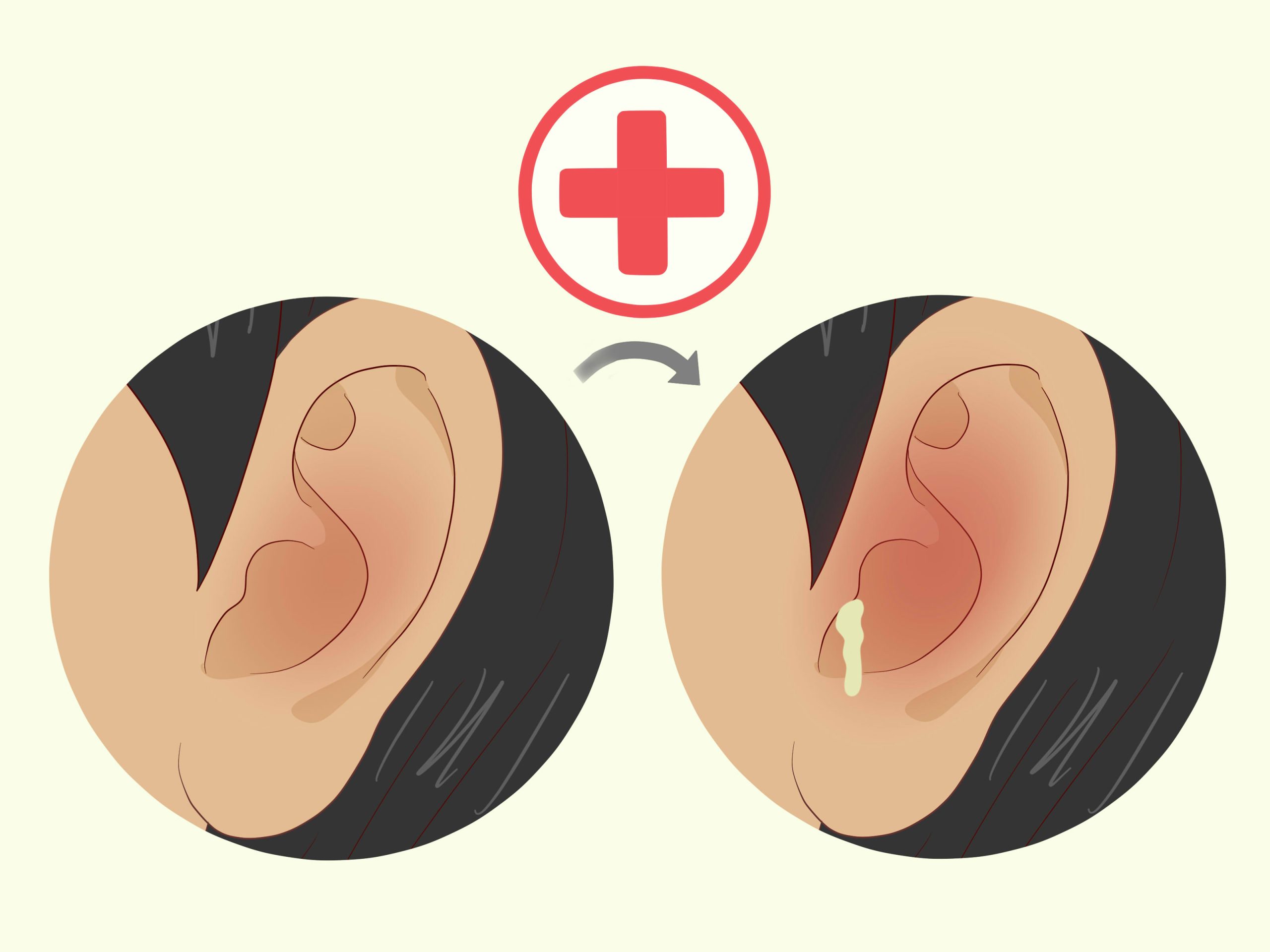Yoga has rapidly grown in popularity worldwide due to its numerous physical and mental health benefits. Originating thousands of years ago in ancient India, yoga is more than mere physical exercise; it’s a holistic approach to improving overall wellness. Regular yoga practice cultivates strength, flexibility, and mindfulness, positively impacting both body and mind.
Physical Health Benefits of Yoga

Regular yoga practice significantly enhances physical health in several ways:
- Improved Flexibility: Yoga poses stretch and strengthen muscles, increasing flexibility and reducing the risk of injuries.
- Enhanced Strength: Many yoga postures require supporting body weight, building muscle strength and endurance.
- Better Posture: Practicing yoga regularly promotes spinal alignment and good posture, reducing back pain and discomfort.
- Boosted Immunity: Yoga helps regulate the body’s stress response, positively influencing the immune system and promoting overall health.
- Increased Energy Levels: Through improved circulation and breathing techniques, yoga elevates energy levels, leaving practitioners refreshed and revitalized.
Mental Health Benefits of Yoga
Beyond physical benefits, yoga significantly impacts mental well-being:
- Stress Reduction: Yoga incorporates mindful breathing and meditation, lowering stress hormones and fostering a sense of calm.
- Anxiety and Depression Management: Regular practice helps manage anxiety and depression by regulating mood and improving emotional resilience.
- Improved Concentration: Yoga promotes mindfulness and sharpens mental clarity, enhancing focus and cognitive performance.
- Better Sleep Quality: The calming effects of yoga facilitate better sleep patterns, alleviating insomnia and improving sleep quality.
- Enhanced Emotional Balance: Consistent yoga practice encourages self-awareness, emotional regulation, and inner peace.
Yoga Practices for Optimal Benefits
To maximize yoga’s health benefits, practitioners often integrate several key elements:
- Asanas (Physical Postures): Practicing poses suitable for individual abilities gradually builds strength, flexibility, and balance.
- Pranayama (Breath Control): Controlled breathing techniques promote relaxation, energy balance, and emotional stability.
- Meditation and Mindfulness: Meditation practices cultivate mindfulness, self-awareness, and inner peace.
- Regular Practice: Consistency is key; regular yoga sessions, even brief daily practices, offer sustained and cumulative health benefits.
Yoga for All Ages and Fitness Levels
One remarkable aspect of yoga is its inclusivity. People of all ages, fitness levels, and abilities can adapt yoga practices to suit their personal needs and goals.
Integrating Yoga into Daily Life
Incorporating yoga into everyday routines doesn’t require extensive time commitments. Even short sessions of 10-15 minutes daily yield positive results. Starting with simple stretches, breathing exercises, and mindfulness practices gradually builds a sustainable habit, contributing significantly to physical and mental health.
Challenges and Solutions in Yoga Practice
Newcomers may face challenges like initial physical discomfort, lack of flexibility, or difficulty focusing. Solutions include attending guided classes, starting slowly with basic poses, and seeking supportive communities or yoga instructors who can provide personalized guidance and encouragement.
Conclusion
Yoga offers a comprehensive approach to enhancing physical fitness, emotional stability, and mental clarity. By regularly integrating yoga into daily life, individuals can experience profound improvements in overall health, cultivating lasting wellness and inner harmony.



